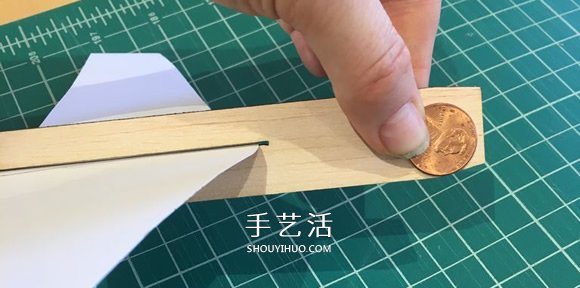
Use basic materials and tools such as balsa wood, pencils, cardboard, scissors, and rulers to design and build your own glider. The body of the glider is made of balsa wood, and the wings are made of cardboard. Finally, multiple test flights are conducted to adjust the weight of different parts of the glider so that it can fly farther and more stably!~

Materials and tools: 1/8-inch thick balsa wood (at least 9 inches long and 4 inches wide), cardboard (at least 60 pounds), ruler, scissors, tape, coins, tape measure, carving knife.
Look at the different wings to decide what you want, or design your own. The following information is from NASAs K-12 Wing Design Course.
Rectangular Wing: Use a rectangular wing on slower aircraft.
Elliptical Wing:Oval wings are similar to rectangular wings but are generally lighter and produce more lift. It is often found on gliders and ultralight aircraft.
Swept wing: Typically designed on jet aircraft. A thinner profile creates less drag, meaning it can fly faster and be more maneuverable. However, these aircraft are less capable at low speeds, so most swept wings are equipped with additional devices, such as slats, to help generate lift at low speeds.
Delta Wing: Delta wings are used on very high-speed (supersonic) aircraft, which are very agile but difficult to control at slower speeds. Like swept wings, they are equipped with additional components to help reduce speed.

Use the provided file to cut the main body of the glider. See [here] for the template download address. Cut out the pattern and trace it onto the balsa wood, using a very sharp blade to cut it out. If using a razor blade, be sure to use a cutting mat.

Take out a piece of cardboard and draw the shape of the wing you want.

Use scissors to cut off the wings.

Put the wings through the slots on the glider body.

Secure it with pieces of tape.
Test your design! Set up a runway approximately 20 feet long to measure the gliders distance. Please hold under the wing, pull your hand back and toss gently up and forward.

After testing, make changes you think may help improve its flight. For this glider we tried adding weight to the nose to keep it level.

For example, use tape to stick a coin to one end!



























